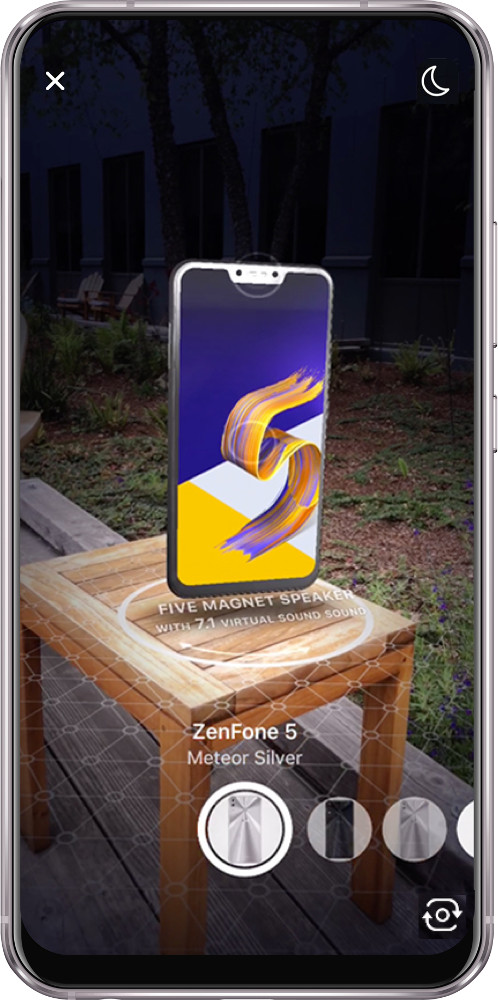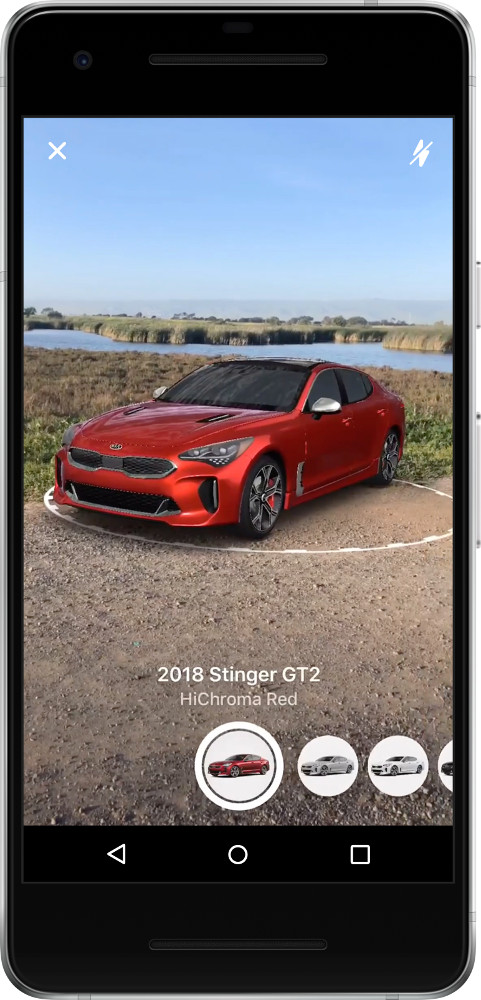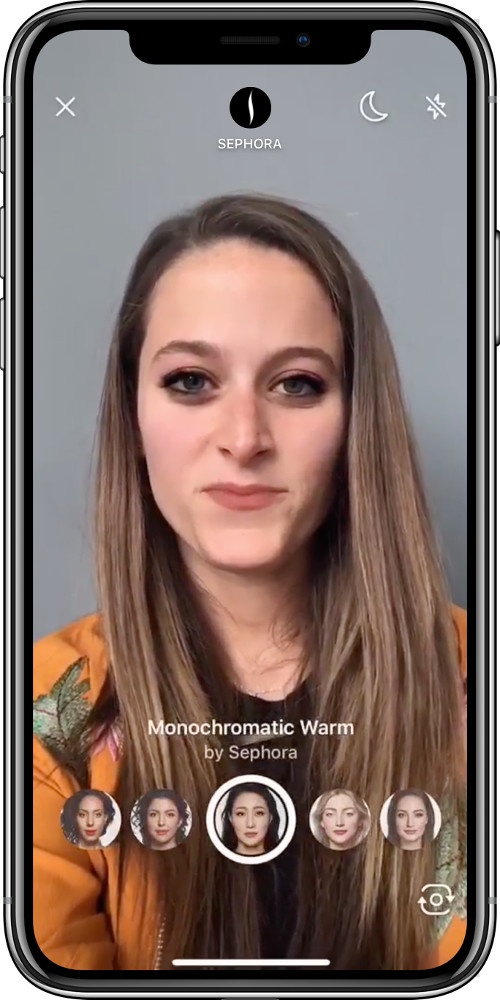Facebook Messenger is getting better. As expected, Facebook announced a few updates to its messaging platform at F8 2018, including improvements to M, its digital assistant, and new ways for businesses to engage with customers through augmented reality.
Here’s what you need to know about the new features in Facebook Messenger.
AR in Messenger
Perhaps the most important new feature is augmented reality in Messenger — and it could seriously bring AR to the masses. The feature is aimed at businesses that might want to incorporate augmented reality into their Messenger experiences. For example, when a customer interacts with a business in Messenger, the business can prompt the customer to open their camera, after which they’ll see different filters and AR effects, depending on what the business wants to show.
This could be important for a number of different situations where visualizing a product is important. For example, you may want to see how furniture looks in your house before you actually buy it. A few brands will support the feature at launch — Asus, Kia, Nike, and Sephora. With Asus, you’ll be able to get a deeper look at a phone’s features, while Kia allows you to better see how the Kia Stinger looks up close, and even customize the car’s features. Sephora, as you might expect, allows you to try out different looks and styles.
M translations
Facebook is also working to improve Facebook M, the digital assistant that lives within Facebook Messenger. Namely, the assistant will now be able to help with translations for businesses who want to reach customers in other regions. Now, buyers and sellers in Marketplace can communicate with people who don’t speak their language. In other words, if users in Marketplace get a message that’s in a language other than their default language, they’ll be asked if they want that language translated.
Facebook says it also plans on expanding the feature to Messenger users in the U.S. in coming weeks — so keep an eye out for it.
The two new features certainly seem to be largely business-focused, but hopefully they’ll make checking out products and interacting with businesses a bit easier.






